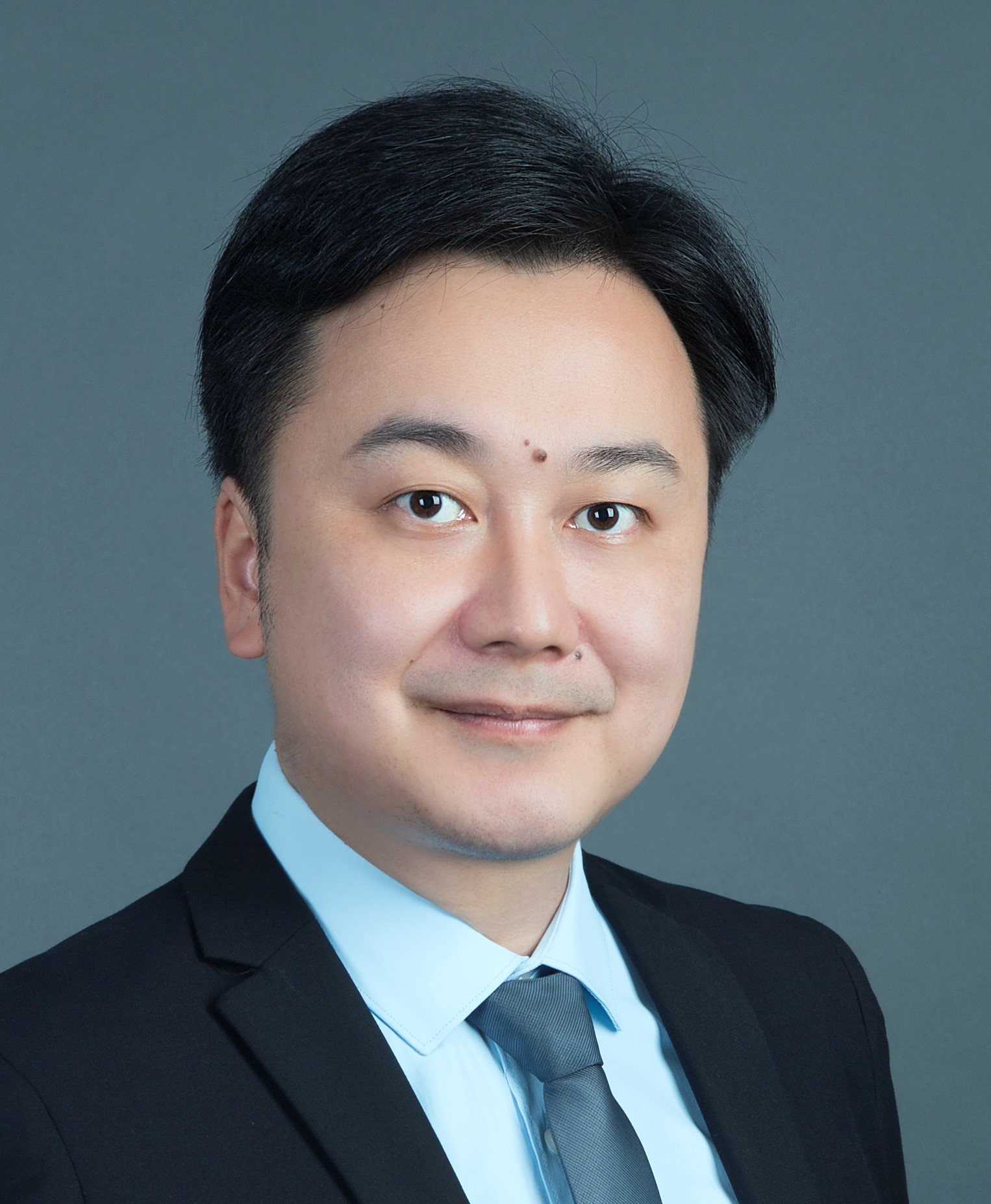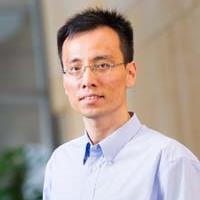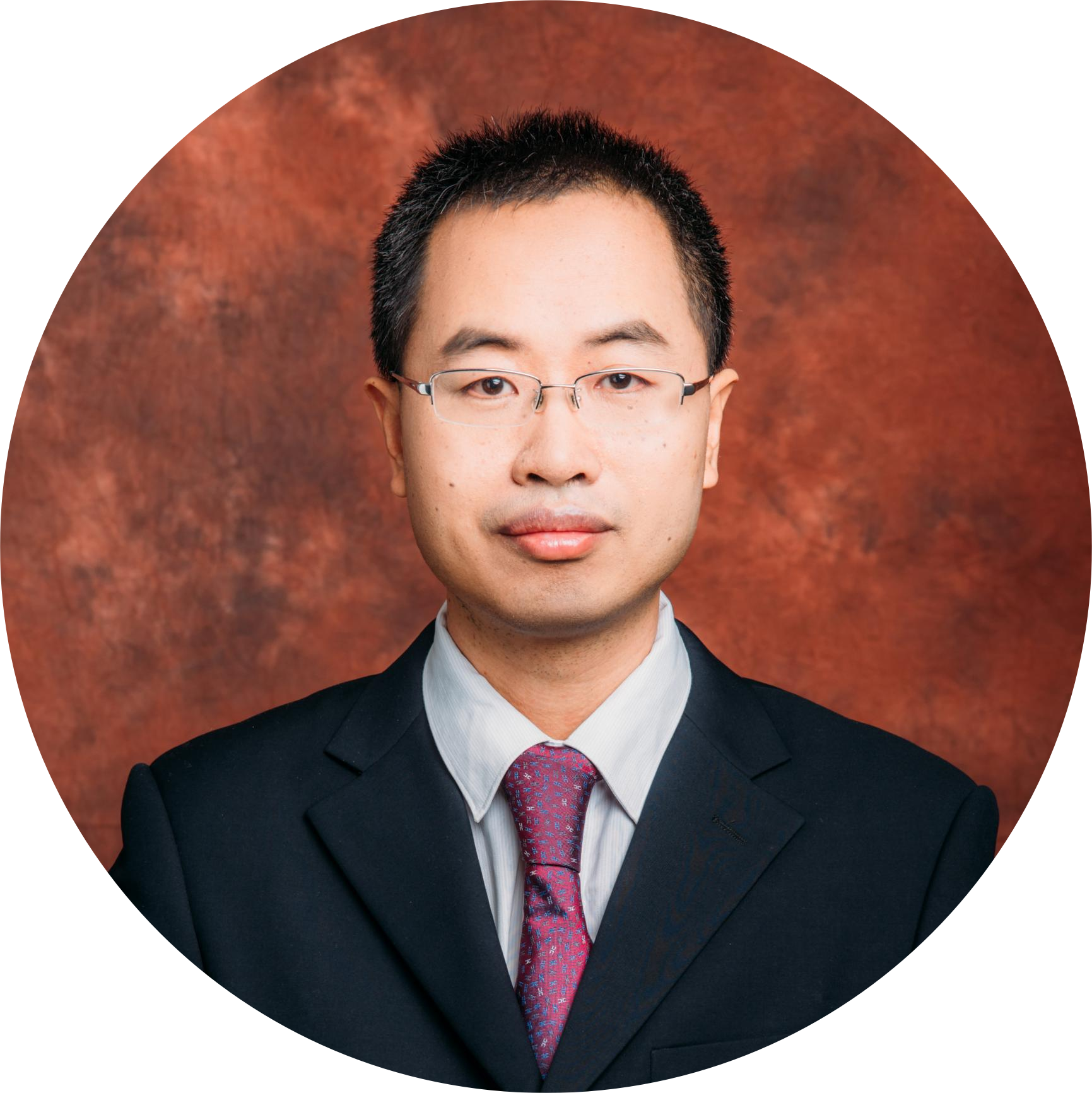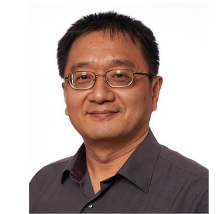International Conference on Artificial Intelligence
and Machine Learning Research
CAIMLR 2024 | Singapore | September 28-29, 2024

Speech abstract: In this talk, the concept of perceptual hashing and its differences with cryptographic hash function and semantic retrieval hashing are first given. Secondly, we illustrate some typical application scenarios of perceptual hashing in the field of image content authentication. Thirdly, a series of representative methods for perceptual image hashing and some of our works are introduced. Finally, the summary and further research directions are discussed.
Bio: Dr. Qin is currently a Professor at the School of Optical-Electrical and Computer Engineering with University of Shanghai for Science and Technology, China. His research interests include multimedia intelligent computing, AI security, data hiding and image processing in encrypted domain. He has authored or coauthored more than 200 articles in these research areas. He was selected as the Highly Cited Chinese Researchers by Elsevier in 2020 and the World’s Top 2% Scientists in 2019-2022.

Speech abstract: This talk explores generative agents in AI networks, covering their applications, methods, challenges, and future outlook. These agents, powered by large language models like GPT and adversarial learning techniques and reinforcement learning, are crucial for tasks like synthetic data generation and network optimization. Despite their benefits, concerns regarding privacy and AI ethics persist. Distributed privacy-enhancing technologies offer hope for maximizing the potential of generative agents in building resilient and intelligent AI networks in the age of ChatGPT.
Bio: Dr. Tan is currently with Nanyang Technological University, Singapore. His research interests are networks, distributed optimization, Generative Artificial Intelligence (AI) and AI for Health-Tech. He serves or has served as an IEEE Distinguished Lecturer, an Editor for the IEEE Transactions on Cognitive Communications and Networking, IEEE/ACM Transactions on Networking and the IEEE Transactions on Communications.

Speech abstract: In the field of machine learning, it is often assumed that the number of samples in each class is roughly equal. However, in real-world scenarios, the data generated from enterprises or industries often exhibit imbalanced distributions. This imbalance poses significant challenges because traditional learning algorithms tend to favor the majority class while potentially overlooking the minority class. From a data mining perspective, minority classes often carry valuable knowledge, making them crucial. This report aims to explore the issues and theoretical research surrounding imbalanced learning. First, we present our recent studies on imbalanced learning, primarily focusing on addressing high-dimensional imbalanced problems through a multi-view perspective. We propose a multi-view optimization approach that enhances the classification performance of high-dimensional imbalanced data by generating and selecting optimized subviews and employing resampling techniques. Following this, we introduce an adaptive weighted broad learning system (AWBLS) and an incremental weighted ensemble broad learning system (IWEB). These systems effectively address outliers and noise in imbalanced data through sample weighting and density-based weighting mechanisms. Finally, we outline our future research directions, which aim to integrate broad learning systems, ensemble learning, and deep learning to address various scenarios in imbalanced learning.
Bio: Dr. Yu is currently a Professor with the School of Computer Science and Engineering, South China University of Technology, Guangzhou, China. He is a distinguishable member of CCF (China Computer Federation), a senior member of IEEE and ACM, and the vice chair of ACM Guangzhou chapter. He is an associate editor of IEEE Transactions on Systems, Man, and Cybernetics: Systems. The research areas of Dr. Yu focus on artificial intelligence, data mining, machine learning and pattern recognition. He has authored or coauthored more than 170 refereed journal articles and international conference papers, including more than 60 articles in the journals of IEEE Transactions.

Speech abstract: Scoring functions are important components in molecular docking for structure-based drug discovery. Traditional scoring functions, generally empirical- or force field-based, are robust and have proven to be useful for identifying hits and lead optimizations. Although multiple highly accurate deep learning- or machine learning-based scoring functions have been developed, their direct applications for docking and screening are limited.We describe a novel strategy to develop a reliable protein–ligand scoring function by augmenting the traditional scoring function Vina score using a correction term (OnionNet-SFCT). The correction term is developed based on an AdaBoost random forest model, utilizing multiple layers of contacts formed between protein residues and ligand atoms. In addition to the Vina score, the model considerably enhances the AutoDock Vina prediction abilities for docking and screening tasks based on different benchmarks (such as cross-docking dataset, CASF-2016, DUD-E and DUD-AD). Furthermore, our model could be combined with multiple docking applications to increase pose selection accuracies and screening abilities, indicating its wide usage for structure[1]based drug discoveries. Furthermore, in a reverse practice, the combined scoring strategy successfully identified multiple known receptors of a plant hormone. To summarize, the results show that the combination of data-driven model (OnionNet-SFCT) and empirical scoring function (Vina score) is a good scoring strategy that could be useful for structure-based drug discoveries and potentially target fishing in future.
Bio: Dr. Yuguang Mu is currently an associate professor at School of Biological Sciences, Nanyang Technological University. He has authored and co-authored multiple peer-reviewed scientific papers and presented works at many national and International conferences. His google h-index is 50. Dr. Mu Yuguang's contributions have acclaimed recognition from honorable subject experts around the world. His research interests include 1. Peptide, protein folding, unfolding study, specially aimed at folding, misfolding mechanism which could lead to amyloid fibril.2. DNA dynamics, DNA-protein, DNA-counterions interaction study.3. RNA dynamics and folding study.